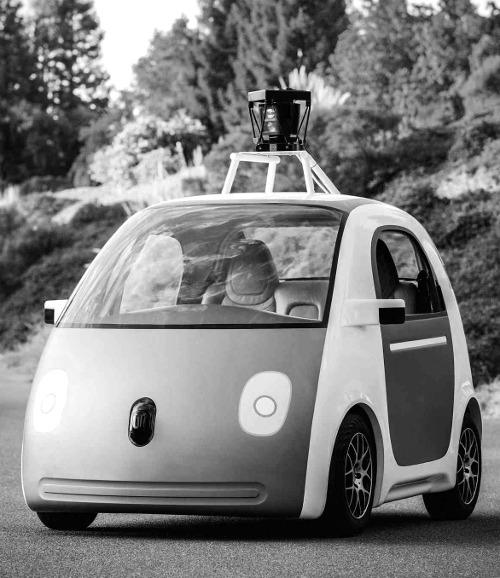SA legitimising transport tech
 The South Australian government has approved on-road trials of driverless cars.
The South Australian government has approved on-road trials of driverless cars.
Companies that want to test technologies on South Australia's roads will only have to submit plans of the proposed trial and gain insurance to protect themselves and the public.
“These laws have received praise from companies at the forefront of this industry, which is estimated to be worth $90 billion dollars within 15 years,” Transport and Infrastructure Minister Stephen Mullighan said.
“South Australia is now positioned to become a key player in this emerging industry and by leading the charge, we are opening up countless new opportunities for our businesses and our economy.”
At the same time, officials from the Australian Driverless Vehicle Initiative (ADVI) are in the Netherlands taking part in the European Truck Platooning Challenge.
“ADVI is investigating the benefits for truck platooning, there is the potential to deliver significant benefits for the heavy vehicle industry, which cover long distances between communities and other capital cities,” says ADVI’s Rita Excell.
“Truck platooning could deliver safer and more efficient transport operations and improve traffic flows. The laws have paved the way for trials to happen in South Australia and have seen other states follow our lead by beginning to consider the benefits that connected and autonomous technologies could provide.”
Mr Mullighan said the legislation would bring benefits almost immediately.
“By being the first state in Australia to pass these laws we are sending a very clear message to this industry that South Australia is open for business,” he said.
The South Australian government ran the country’s first driverless car trial on Adelaide's Southern Expressway late last year, involving two Volvo XC90 vehicles equipped with technology for automatic lane keeping, adaptive cruise control, and active queue assist.
SA Premier Jay Weatherill rode in one of the vehicles, and described it as very “smooth”.
“I could tell the technology has provided a complete controlled and safe environment so I didn't have any concerns at all,” he said.
“In fact, it's interesting how quickly you get used to the notion that the car is really just driving itself.”
“At any time you can grab control of the car, so it's not as if something goes catastrophically wrong you can't get hold of the car and get back control again; there are lots of redundancies built into the technology to make sure it remains safe.”
Other states see way transport technology is travelling too.
New South Wales Minister for Industry, Resources and Energy Anthony Roberts rode in the self-driving Tesla model S car earlier this year, and afterwards said he would bring autonomous cars, the “future of driving”, to NSW.
Western Australia is testing a driverless and fully electric shuttle bus on Perth roads later this year.
On a related matter, the South Australian opposition has announced it wants to introduce legislation to allow ridesharing services like Uber to operate in the state.
“This is about giving commuters the choice they want when it comes to transport options in South Australia,” Opposition leader Steven Marshall said.
“It's also about creating much-needed jobs.”
The Opposition’s proposed changes include moves to keep exclusive rights to rank and hail services for taxis, and a four-year moratorium on the issuing of new taxi plates.








 Print
Print